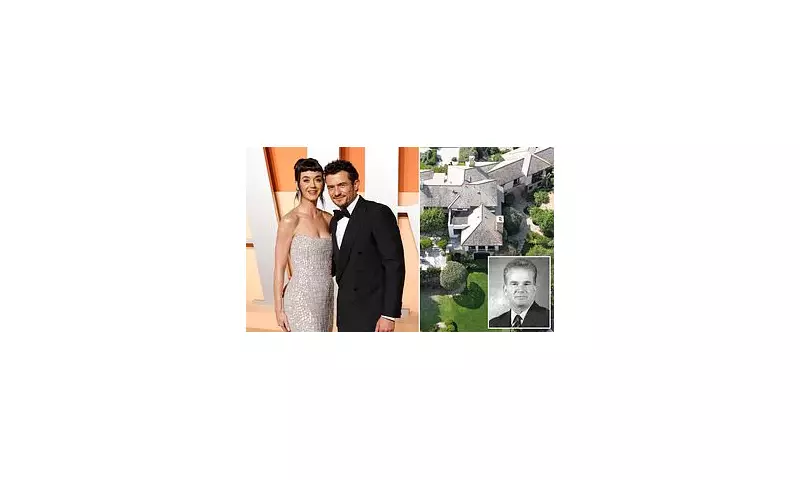
The high-stakes legal drama surrounding pop superstar Katy Perry's acquisition of a multi-million-pound Los Angeles mansion has taken a dramatic turn, with the presiding judge delivering a blistering critique of the legal teams involved.
Superior Court Judge Joseph Lipner expressed profound frustration during proceedings, lambasting attorneys for springing a surprise witness on the court. This eleventh-hour testimony has injected further controversy into the already contentious case, centred on the validity of the property sale.
A Deal Under Scrutiny
The dispute revolves around the 2019 sale of an extravagant £11 million estate by 84-year-old veteran Carl Westcott to the 'Firework' singer. Westcott's legal team contends their client lacked the mental capacity to comprehend the contract he was signing just days after undergoing major spinal surgery.
Perry and her husband, actor Orlando Bloom, completed the purchase through business manager Bernie Gudvi, who testified about the straightforward nature of the transaction. The defence, however, portrays a different picture entirely.
The 'Surprise' Witness Controversy
The trial took an unexpected turn when Westcott's legal team presented a witness not previously disclosed to the court or the opposition. Judge Lipner's patience wore thin, questioning why this individual wasn't properly included on the witness list and criticising the legal strategy that led to this procedural misstep.
This development has potentially significant implications for the case's outcome, as the court must now determine whether to allow this testimony or consider it improperly introduced.
A Pattern of Questionable Decisions?
Further complicating matters, testimony revealed Westcott had made several substantial financial decisions around the same time period, including purchasing a £4 million Dallas mansion. These transactions are now being scrutinised for consistency with claims about his mental state during the Perry property deal.
The court must unravel whether Westcott genuinely lacked capacity when signing the contract or experienced subsequent regret about the sale of his luxurious Benedict Canyon estate.
As the trial continues, all eyes remain on the Los Angeles courtroom where property rights, mental capacity, and celebrity interests collide in a legal battle that could set significant precedents for contract law and real estate transactions involving vulnerable parties.




